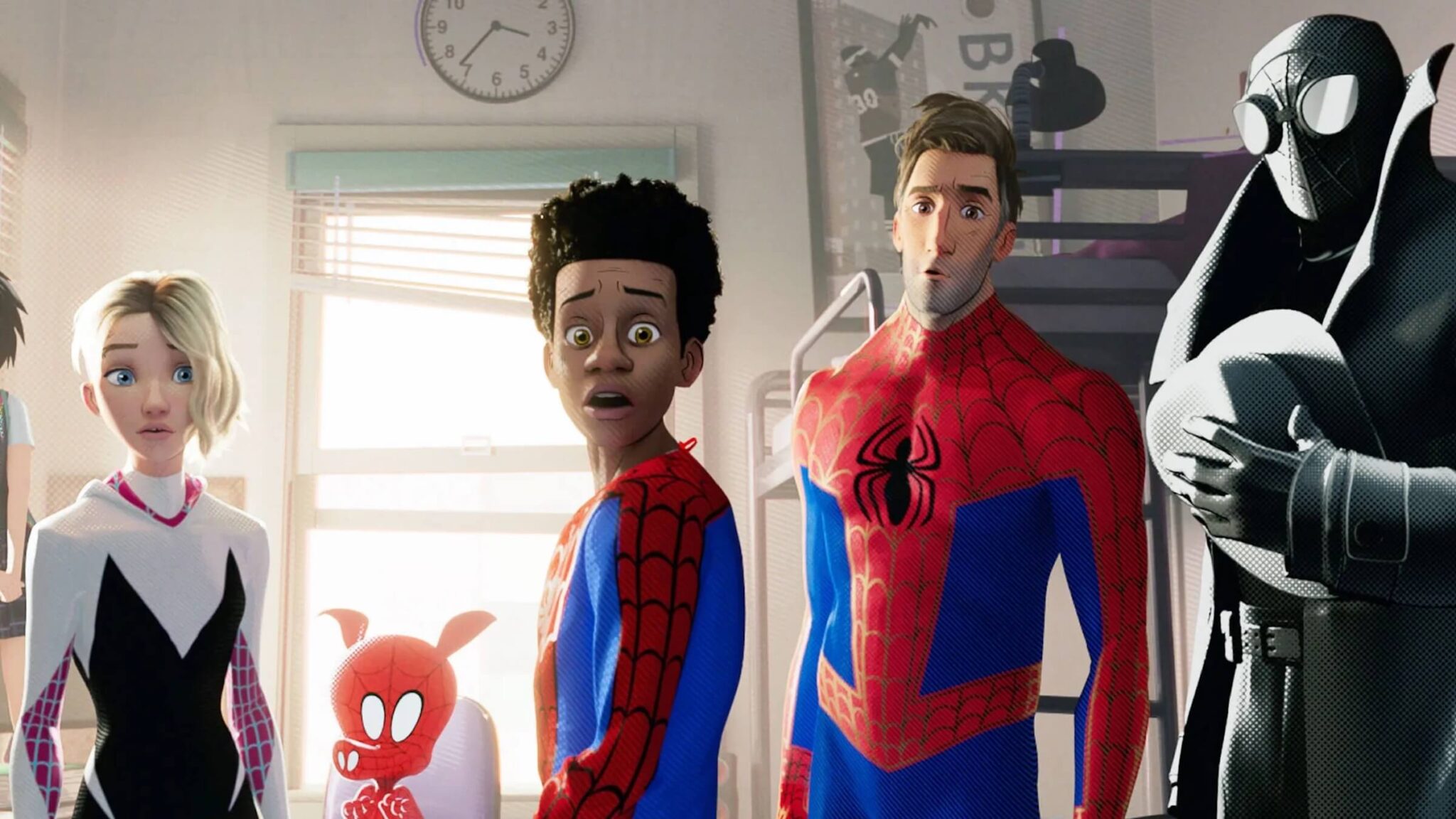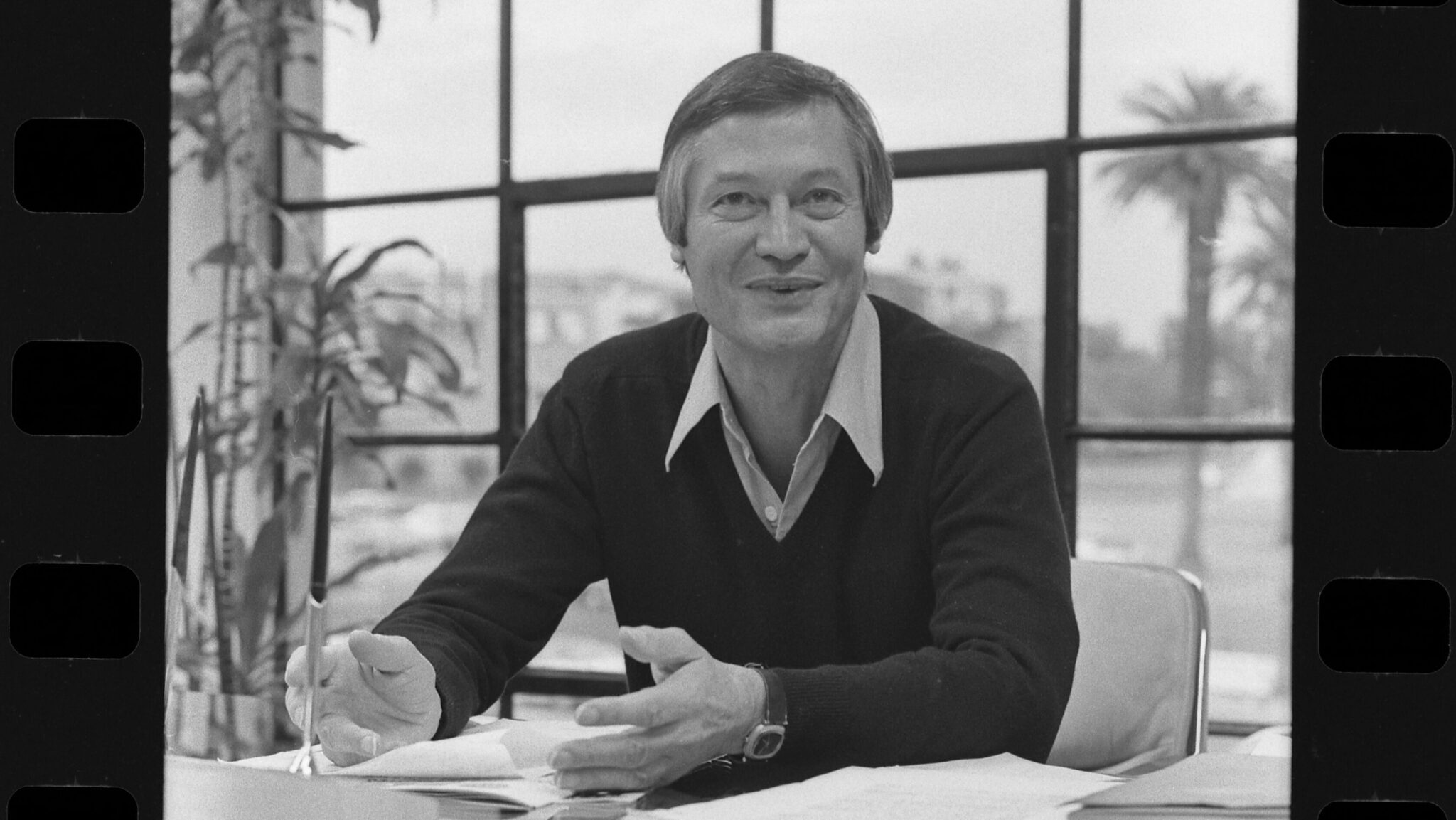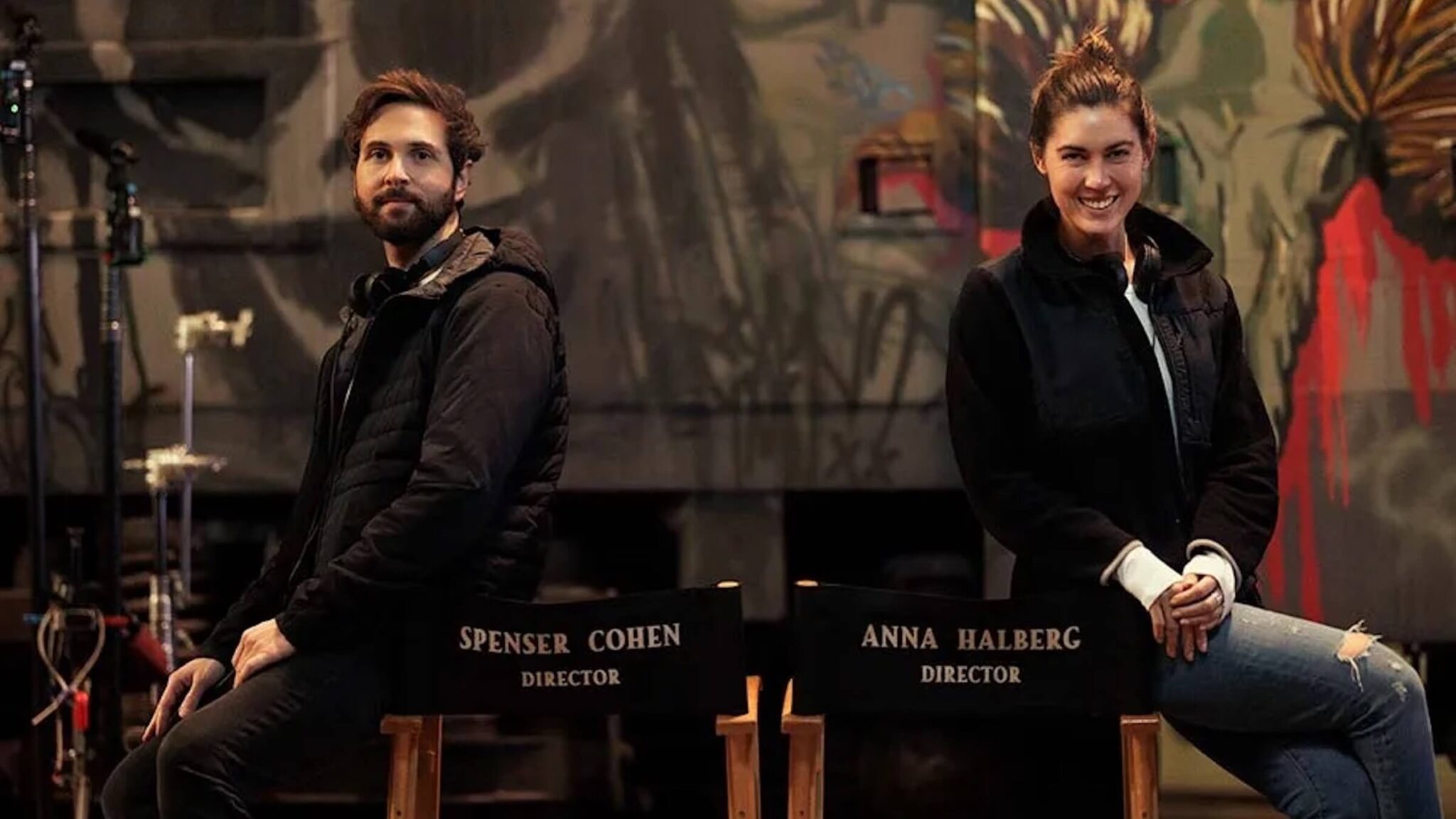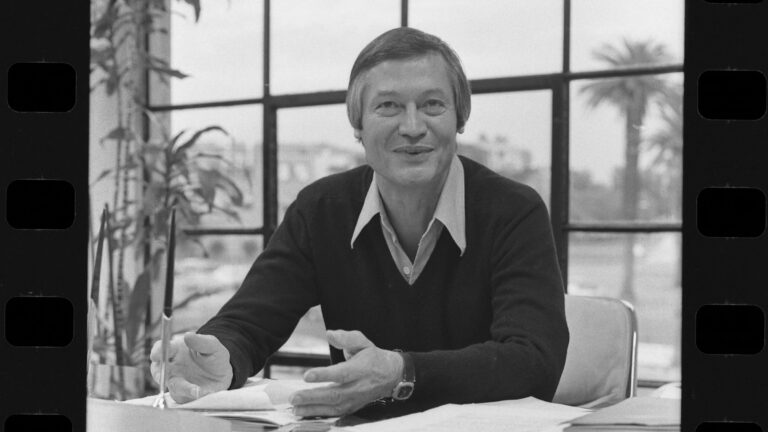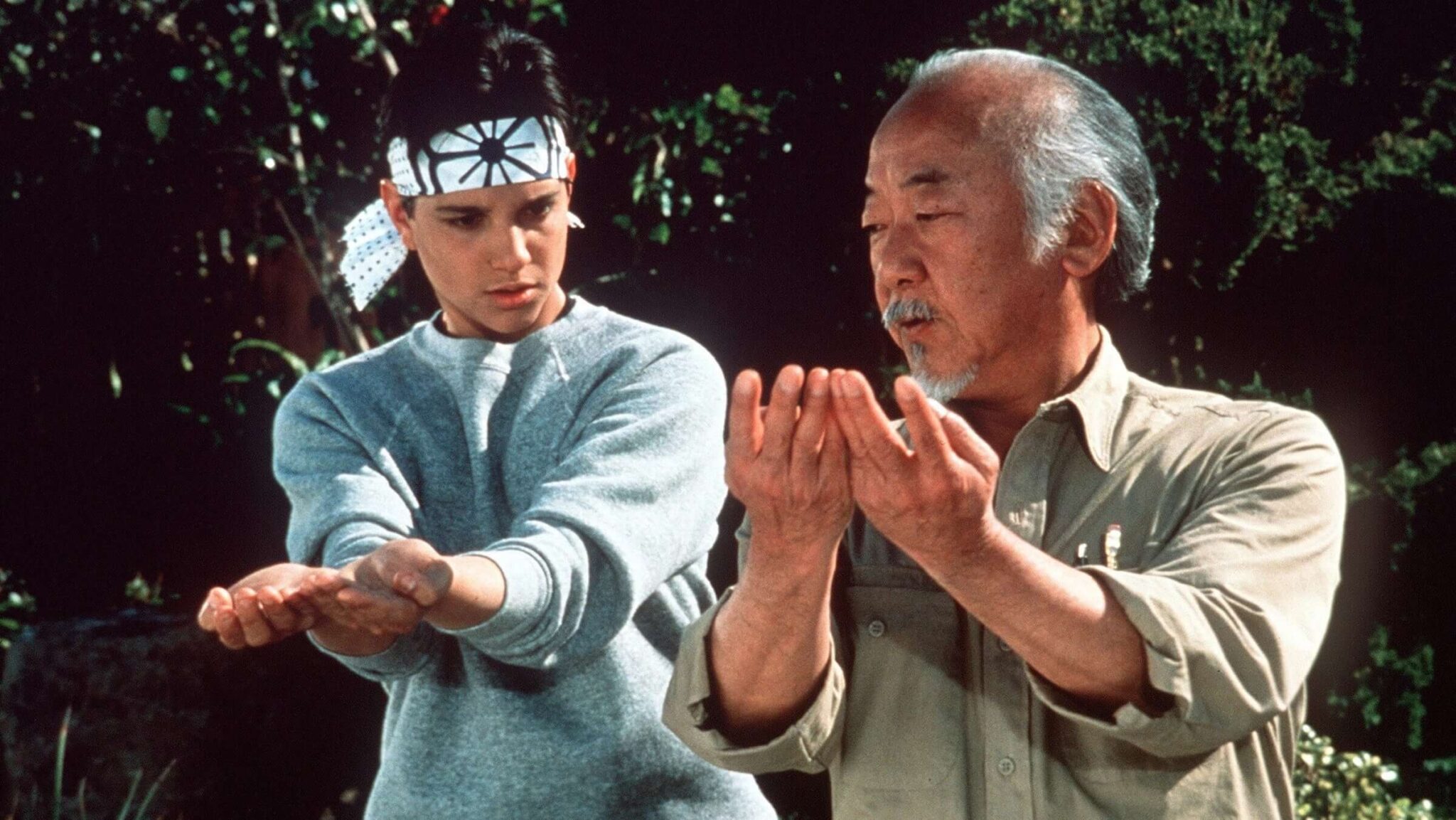
The life of a screenwriter. It's a grind. Now, before we can talk about how difficult the screenwriter's journey truly is, and how screenwriters can survive the grind, we have to set the context.
There are roughly three tiers of professional screenwriters in the film and television industry. Those within each have a different definition of the “grind.” Below we'll start from the top and work our way down.
1. One Percenters
These are the Aaron Sorkins, David Koepps, Terry Rossios, Joss Whedons, Simon Kindbergs, and so many more. They are the elite. The ones the studios go to with their hottest properties and franchises. If they're not making the six-figure uncredited rewrite deals, they're making the seven-figure big assignments. Needless to say, they're not grinding it out as much as the rest.
2. White Collar Screenwriters
These are the screenwriters that are getting the middle of the line jobs. They've had some hits — and some misses — but they keep getting hired. They’re making those high five-figure assignments that are just on the cusp of six-figure paychecks, or they’re making those low six-figure deals — depending on the contract and how the payout is structured (it’s not all guaranteed money). They’re working. They’re pitching. Maybe they’re dancing between film and television assignments, writing more mid-level features, or living somewhat comfortably in between more substantial paychecks spread out year to year. It may be a grind for some of them as they battle it out to attain those coveted assignments, but it’s a more comfortable grind to be sure.
3. Blue Collar Screenwriters
These are the screenwriters that have managed to break through that barrier most novice screenwriters feel is impenetrable. They’ve gotten some meetings. They’ve likely attained representation. They’ve had some options and maybe some paid assignments that were never produced — usually mid to low five-figure deals. Some have even had some produced work with a name cast. However, the jobs are few and far between, and the paychecks are nowhere near that of “white collar” screenwriters. One year might give them hope until they see another year, or two, or three go by without any deals. They’re not quitting their day jobs. They’re not going all in. They grind away trying to keep any spark they had going.
And then there’s the rest. The novice screenwriters that are still pounding on that seemingly impenetrable barrier, awaiting any scraps — query email replies, phone calls, contest wins, anyone in the business willing to read their script(s), etc.
Yes, it truly is a grind.
While it’s great to listen to the advice from the screenwriters in those top tiers, it’s all too often hopeless in the end as you return to the constant rejection, the constant state of helplessness, the continuous insecurities, etc.
After what you feel is an amazing writing session for your latest script, you find yourself returning to the daily grind of day jobs, at home with the kids, or alone in your apartment, wondering when, how, and why.
When is it going to happen finally? When will the powers that be take you seriously and read your scripts? When will one of those scripts finally draw interest?
How can you make it happen? How can you finally get that foot in the door?
Why isn’t it happening? Why has it been X number of years with X number of scripts without anyone taking notice?
The context of their situation defines the life and grind of a screenwriter. One percenters are called just that because they represent a small faction — the elite best of the best (to steal a line from Top Gun). White collar screenwriters represent a few percentage marks just below those elite, while blue collar and novice screenwriters make up the majority beyond. Tens of thousands — hundreds of thousands — chasing that dream. The dream of making a living doing what they love to do.
So how do you cope? How do you persevere through the constant rejection and silence from the powers that be? How do you know when enough is enough? How do you know when to quit?
If you look at any major movie star, sports figure, or successful businessperson, they all have one thing in common — they’ve failed. Time and time again, well before any success came their way.
If that’s not good enough to get some hope flowing through your veins again, here’s a little science to back this notion up.
Brian Lucas and Loran Nordgren conducted a study that was published in the Journal of Personality and Social Psychology. They wrote, “People consistently underestimate the value of persisting on creative tasks… adjusting beliefs about the value of persistence may promote creativity by reducing the possibility that people quit too early, leaving their best ideas undiscovered.”
Their best ideas undiscovered. Imagine if Quentin Tarantino, back in the late eighties and early nineties, decided that the video store was a more reliable venture than dreams of Hollywood. No Reservoir Dogs, Pulp Fiction, Inglorious Bastards, Django Unchained, etc. Sure, that’s a tall order comparison there, but consider the thought.
Back to the study, Lucas and Nordgren demonstrated the notion of quitting too early in seven studies. The first featured twenty-four university students instructed to "generate as many original ideas for things to eat or drink at a Thanksgiving dinner.” The students were notified that their answers would be rated for originality by outside judges, and those rated as above average would earn a raffle ticket into a $50 lottery.
The participants were allowed to generate ideas for ten minutes. After that time they took a short break and were then asked how many more original ideas they would be able to come up with in another ten-minute session.
This second session represented persisting, as opposed to quitting after the first. The researchers underestimated the number of ideas that were conjured in that second session. Even more interesting is that the judges found "the ideas generated while persisting were significantly more original than ideas generated initially."
Don’t. Ever. Quit.
"Creative thought is a trial-and-error process that generally produces a series of failed associations before a creative solution emerges," the researchers noted.
ScreenCraft covers inspiration well with How to Find Creative Inspiration. Accompany that with never giving up on any given creative task or pursuit at hand.
To quote Thomas Edison: "Our greatest weakness lies in giving up. The most certain way to succeed is always to try just one more time."
Still not good enough? Do you still feel that the screenwriting grind may be getting the best of you?
I’m going to step forward and offer some real-world perspective. Something that may be more accessible, more tangible, and more easy to digest beyond the six to seven figure deals and multiple credits on IMDB.
Allow me to step up to the podium now.
My name is Ken Miyamoto, and I’m a blue-collar screenwriter.
I was fortunate enough to work as a studio liaison at Sony Studios, working with incoming film and television productions. I then made it into what I felt was my dream job at the time — studio script reader. It proved to be my greatest education in screenwriting.
After grinding and grinding away, despite the connections that I had made, nothing was happening for my own screenwriting. It was demoralizing.
After years of trying to make this dream come true, I was so very close to calling it quits. But I never did. I eventually saw one of my scripts make its way to Paramount, after endless rejection beforehand. While the script wasn’t picked up, it nabbed me a manager. Before I knew it, we took the script wide, leading to multiple meetings at Sony, Universal, Warner Brothers, Dreamworks, and Disney, all of whom were interested in my work.
Don’t. Ever. Quit.
The script wasn’t picked up, and I later moved back to my home state of Wisconsin to raise my newborn son close to family with my wife. I had a manager and didn’t feel the need to be in Los Angeles anymore. Priorities change when a child comes into the world.
I had nothing for a year. I believed that I had made a fateful decision leaving Los Angeles and that after seven years plus pursuing this dream full force, it was time to move on.
Until, suddenly, my second script was picked up by Lionsgate. My first paid gig.
Don’t. Ever. Quit.
Nothing came of it though. Three years went by. Three years. My manager and I had gone our separate ways. I was still writing, but nothing was happening. I entered all of my scripts into a major screenwriting contest — even the first two that garnered me a manager, studio meetings, and eventually my Lionsgate deal. Not one of the scripts I entered made it into the quarterfinals.
I remember, devastated, telling my wife, “I’ve never wanted to quit more than today.”
Until a chance email came from a Los Angeles producer that was from Wisconsin. I was heading a screenwriting support group at the time, and he had offered his guidance if need be. The conversation led to my own work, he read some scripts, liked what he saw, and then against all odds, he offered me my first studio writing assignment.
Just when I thought my luck was changing for the better once again, the project was canceled. However, he offered me another a few months later, garnering me my biggest paycheck in my screenwriting career (blue collar money, mind you… but good). After months and months of delayed production, the film was quickly cast with name actors, and suddenly, four years after that first deal with Lionsgate and five years after leaving Los Angeles behind, I was flown to Los Angeles to be on set.
Here I was, years removed from living in Los Angeles, a work-from-home father that was ready to quit it all for good and move on, and now I’m on the set of a miniseries hearing my words spoken by actors and seeing the action that I wrote come to life before my eyes. And later, I sat down with my family and watched my script (or at least a version of it) unfold before our eyes. More importantly, I saw my first onscreen credit.
Don’t. Ever. Quit.
You see, persistence is necessary. It’s required.
It’s often very misleading when we hear stories about screenwriters that have sold their “first script” for major six-figure deals. The truth is, that screenwriter had likely been living the screenwriter grind for years upon years prior to that deal — but they never quit.
Dreams and aspirations will never be attained in the ways that we’d prefer them to. That’s not how life works, and that’s certainly not how the film and television industry works.
All too often, the power is not in our hands once that script is handed forward. It’s all about being at the right time, at the right place, with the right person that is ready and able to pull the trigger and make your dream of becoming a professional screenwriter come true.
How many studios passed on Star Wars? All of them. How many studios passed on Good Will Hunting? All of them.
The only thing that screenwriters can control is their ability to hone their art and craft and persevere through all of the rejection, and to learn from that rejection. To stack their deck with amazing scripts. To not just write for themselves, but to be smart enough to write for the powers that be as well, finding a hybrid of what they're willing to consider and what kind of writer you want to be.
Life takes us where we need to go. Trust it. Believe that any rejection can only make you stronger and only make you want it more. And who knows where life takes you? It’s no secret that we can’t all be Aaron Sorkin. We can’t all be one percenters. Odds state that it cannot happen to us all. Even becoming a white collar or blue collar screenwriter is challenging to achieve for most.
But the key to getting through the grind of life as a screenwriter is to simply say, “Why can’t it be me?”
And for those that may not make it in the end, know that you are doing what most people in the world are not — you’re trying. Most people find a job to pay the bills, raise a family, and then they die. And chances are when they do they have that regret of never trying to achieve that dream they once held so high, sadly and all too often, in the back of their minds.
If you want it enough, and if you never quit, you’ll realize that screenwriting is for you and that it’s all worth the grind. You’ll realize that this is where life is leading you.
And if it doesn’t lead you there, it’ll guide you where you need to go, fully content that you did what most people didn’t do — you pursued a dream, only to find where you were meant to be in the end. You told stories. Stories of fantasy, action, thrills, drama, suspense, and laughs.
Don’t ever quit, until life either hands you the dream that you’ve been chasing or introduces you to another.
That’s how screenwriters survive the screenwriting grind.
Ken Miyamoto has worked in the film industry for nearly two decades, most notably as a studio liaison for Sony Studios and then as a script reader and story analyst for Sony Pictures.
He has many studio meetings under his belt as a produced screenwriter, meeting with the likes of Sony, Dreamworks, Universal, Disney, Warner Brothers, as well as many production and management companies. He has had a previous development deal with Lionsgate, as well as multiple writing assignments, including the produced miniseries Blackout, starring Anne Heche, Sean Patrick Flanery, Billy Zane, James Brolin, Haylie Duff, Brian Bloom, Eric La Salle, and Bruce Boxleitner. Follow Ken on Twitter @KenMovies
For all the latest ScreenCraft news and updates, follow us on Twitter, Facebook, and Instagram.
Get Our Screenwriting Newsletter!
Get weekly writing inspiration delivered to your inbox - including industry news, popular articles, and more!















